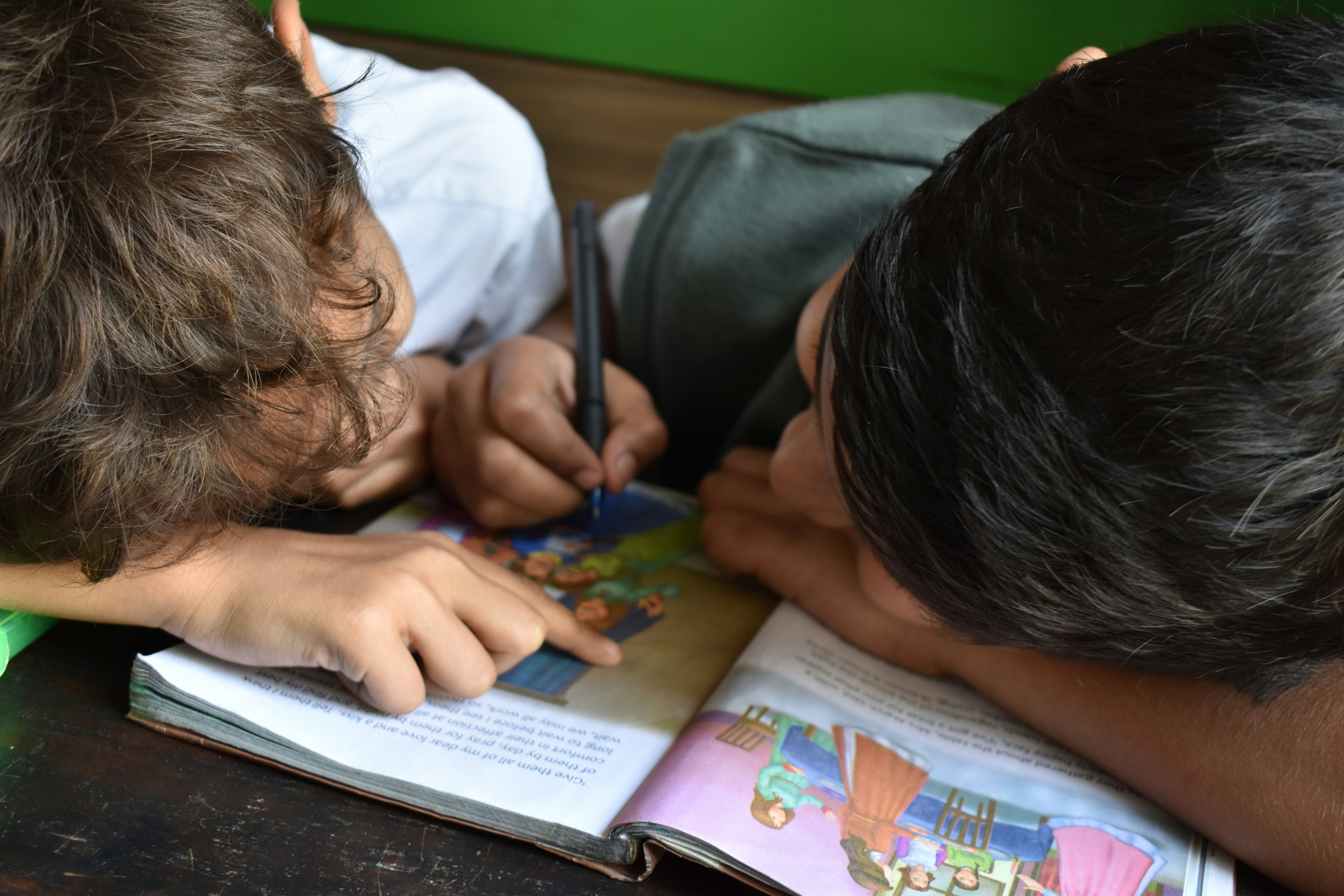Why is it important for a child to feel safe?
Since it´s Child Safety Week, we thought this was an important question to answer.
At Schoolhouse Daycare, we are committed to child safety and ensuring that every child feels secure and nurtured in our environment. After all, this is key to helping them learn and grow confidently, and for the healthy development of their young minds.
If you want to know more about how to make a child feel safe and why this is so important, read on.
a
The importance of feeling safe and valued
Feeling safe and valued is essential for a child’s development. Research shows that children learn best when they are free from fear, enabling them to fully engage and take intellectual risks.
A secure environment fosters effective and meaningful learning, encouraging active participation and the embrace of challenges. This supportive setting not only enhances their academic journey but also promotes their overall well-being, making it crucial to make a child feel safe to unlock their full potential.
Read: Professional Love in Early Years Settings: Why it´s Essential

a
Practical strategies to make a child feel safe
Ensuring that children feel secure is fundamental to their development. Here are five practical ways to make a child feel safe, drawn from expert recommendations:
- Limits and boundaries: Establish clear rules that help children understand what is expected of them. This predictability makes the world less intimidating and helps children navigate their environments more confidently.
- Control: Always remain calm and be a voice of reason, especially during moments of misbehaviour. Remember, such moments often mean a child is struggling with emotions and needs your guidance to learn appropriate responses.
- Availability: Be consistently present, especially after conflicts or challenges. Quick reconciliations show children that disagreements don’t affect your love and support, reinforcing a sense of security.
- Acknowledge mistakes: When mistakes occur, admit them. Demonstrating that everyone, even adults, can err and recover teaches resilience and honesty.
- Routines and schedules: Maintain a consistent daily routine. Regular schedules provide stability and comfort, especially during times of change or stress.
- Open communication: Foster an environment where children feel comfortable expressing their feelings and concerns without fear of judgement. Encourage them to talk about their day and share both positive experiences and worries.
- Physical comfort: Sometimes, physical reassurance such as hugs, holding hands, or a pat on the back can help provide a sense of security. Gauge what each child is comfortable with to ensure they feel supported in a way that respects their boundaries.
- Educate on safety skills: Teach children basic safety measures like knowing who to contact in an emergency, understanding their home address, and how to assess safe versus unsafe situations. This knowledge can empower them and reduce anxiety about the unknown.

In conclusion, we can make a child feel safe by establishing a secure, supportive environment. Using practical strategies like clear boundaries, constant availability, and open communication, we can nurture children’s confidence and well-being.
These efforts not only help children thrive in the present but also equip them with the resilience to face future challenges.
Champions for child safety
At Schoolhouse, we are proud to partner with the Child Accident Prevention Trust (CAPT) during Child Safety Week. Our collaboration underscores our deep commitment to child safety, amplifying our impact on community safety initiatives.
This partnership demonstrates our dedication to creating safer environments for children. Together with CAPT, we strive to make a child feel safe, embodying our core values through active community involvement.
___________________________________________
At Schoolhouse Daycare, we enjoy learning, encouraging confidence and we love life! If you think your child would enjoy life at Schoolhouse, then please do not hesitate to arrange a visit.
Need more help or advice? Find more from us here:
- Nurturing Wellbeing and Emotions: How to Help Your Children Identify and Manage Their Feelings
- How to Recognise if Your Child is Stressed and What to Do
- Age Appropriate Chores for Children to Help Them Learn Valuable Life Skills
- The Secrets to Handling Toddler Tantrums like a Pro

